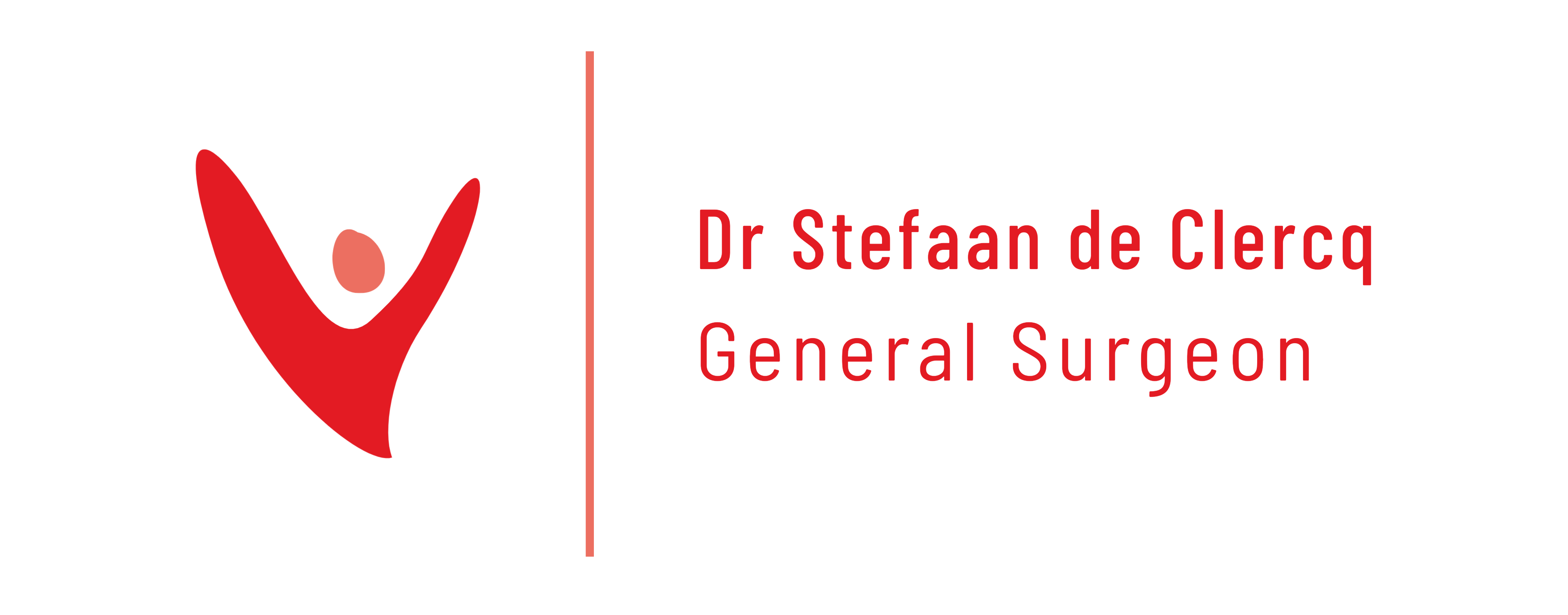After Surgery
If you have not already been given an appointment for follow-up, you should contact our office. In most cases, this will be 3-4 weeks after being discharged home.
In most cases, you will have hidden dissolvable stitches which do not require removal.
Occasionally, staples are used. If so, you will be told when they require removal. You will be given a staple remover which you should bring to your appointment.
You should keep your wound(s) clean and dry.
You should keep the wound(s) dressed for at least 7 days and until the skin has fully healed.
You can change the dressing as required. Dressings are available from your local Pharmacy.
Most wounds heal well but if the wound becomes painful, red, develops a lump or discharges fluid, pus or blood then you need to be reviewed by Dr de Clercq.
You must not drive a motor vehicle on the same day after an anaesthetic or sedation.
You should not drive after surgery until you can sit comfortably in the vehicle and drive in full control including being able to brake in an emergency.
You may not be covered by insurance if you drive too soon after surgery or an anaesthetic.
Dr de Clercq will advise how long you will need to avoid strenuous physical activity and heavy lifting.
For minor procedures, this may be 1-2 weeks.
For major procedures, this could be over 6-8 weeks.
You should slowly and gradually return to full activity and avoid activities that cause significant pain or discomfort.
Dr de Clercq will advise how long you need off work.
Please contact our office if you require a medical certificate.
Unless you have been given specific instructions you should follow a generally healthy diet whilst recovering from surgery.
Constipation is common following major surgery and/or a period of hospitalisation.
Contributing factors:
- Changes to dietary intake
- Dehydration
- Lack of activity
- Pain medications
To maintain regular bowel habits you should:
- Follow dietary instructions from your Surgeon and/or Dietician
- Drink plenty of water
- Avoid caffeine
- Increase gentle activity eg walking
You may also require laxative medications especially if you are still requiring strong pain medication (panadeine forte, endone, tramadol)
We recommend taking:
Coloxyl tablets – 2 tablets taken 2-3 times a day
AND
Lactulose – 20ml taken 2-3 times a day
These are available over the counter from your local pharmacy.
They usually need to be taken regularly.
If you get diarrhoea then reduce the dosage and frequency.
Your pharmacist can provide more specific advice.
If your bowels have still not worked after using these medications for 3-4 days then you should seek medical advice – Either contact our office or see your GP.
If your bowels are not working and you experience any of the following symptoms then you must present urgently to an emergency department for review and ask them to contact your Surgeon.
- Severe abdominal pain/discomfort
- Vomiting
- Fevers/sweats/shaking
